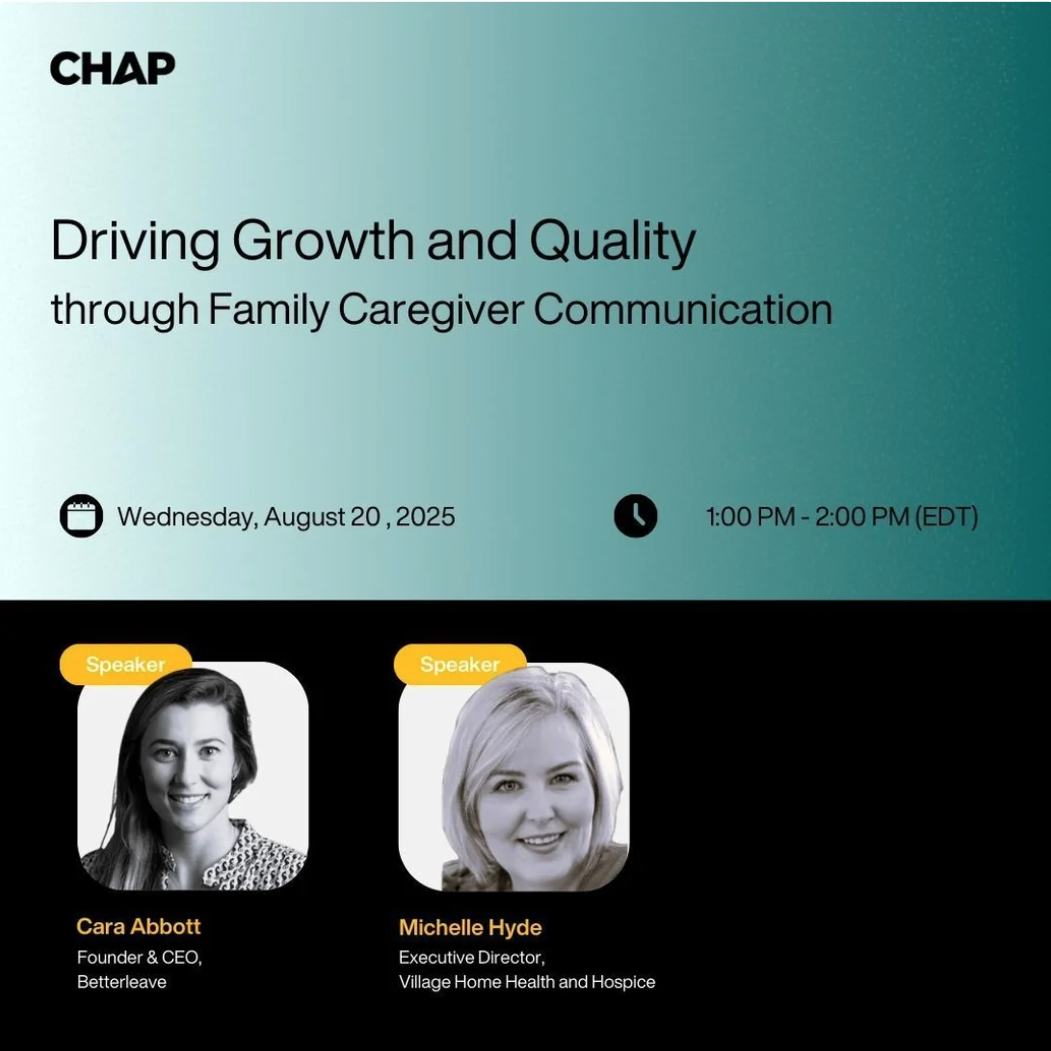Published by MedCity News on July 29, 2024
Bereavement care is an essential part of the hospice experience, designed to support those coping with loss. Bereavement care is not just a compassionate gesture; it is a critical component of the hospice care continuum. So why is it so underserved in the U.S.?
When a loved one dies, the emotional toll on families and friends can be immense. Without adequate support, they can experience long-term psychological and physical health issues, including anxiety and depression. People experiencing bereavement are also at higher risk for hypertension and other heart-related problems. The emotional toll doesn’t just show up in their personal lives: Employees exhibit higher rates of absenteeism in the year following a loss and are more likely to quit their jobs or change careers.
Hospice facilities across the U.S. work to appropriately support these grieving families, but find themselves under-resourced, understaffed, and facing vague regulatory guidance from The Centers for Medicare & Medicaid Services (CMS). Not only has this situation stopped them from providing the high-quality care their team is trained to deliver, but also opens hospices to negative consumer reviews that impact referrals, audits, and substantial fines for non-compliance, further destabilizing their organization and its ability to operate effectively.




